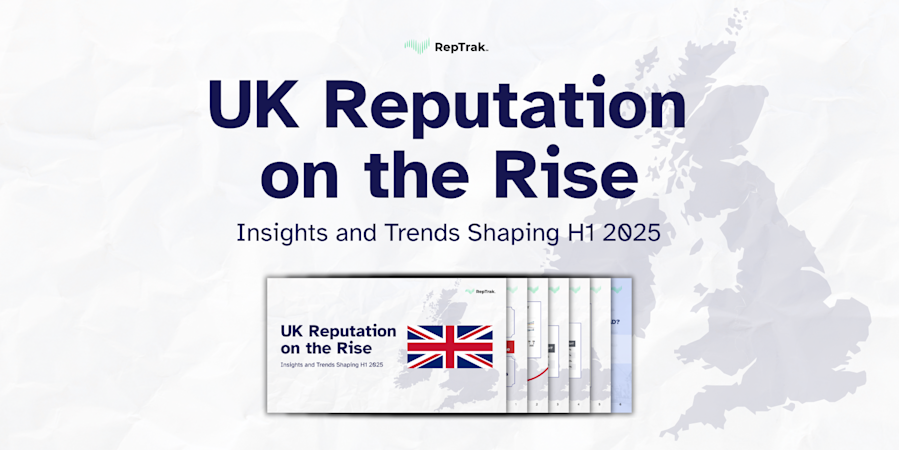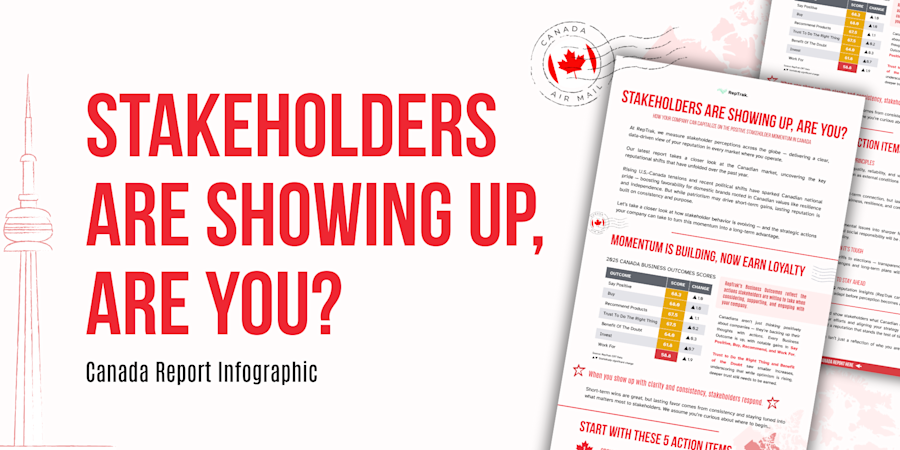How Governance Drives Reputation
Blog Post16 Aug, 2019
Governance defines a company’s performance on three key metrics:
Ethical behavior
Fairness in the way of doing business
It’s ability to operate with an open and transparent approach to business
In other words, Governance is an evaluation of a given company’s character and modus operandi.
From Opaque to Transparent
The traditional and historic perception of companies is that they are opaque and clandestine in the way that they operate. This is no longer true, and society demands that companies be communicative with their stakeholders—as well as demonstrate admirable values that align with their corporate purpose.
Globally, Governance is the second most important driver of reputation. In 2019, it accounts for 15.1% of overall corporate reputation, just behind Products and Services which accounts for 21.1%.
In fact, Governance is consistently one of the most important drivers of reputation, across countries and industries. And this trend is only getting stronger year over year. As a result, companies must deliver on this metric because the public is increasing its scrutiny into areas of ethics and fairness. And this scrutiny drives how stakeholders will interact with companies and ultimately whether they will support them or not. By the way, when we talk about stakeholders, we are talking about the people who matter most to your business—customers, investors, employees, the general public, policy makers and regulators.
Microsoft: A Case Study in Governance Excellence
The LEGO Group and The Bosch Group are the two leading corporations in Governance. When the public thinks about these companies, they believe that they have a good understanding of how the company runs and trust that both companies stand for high ethical standards.
A company that stands out in Governance amongst its counterparts in the tech industry is Microsoft. Recently, the industry has faced steep levels of mistrust and skepticism from the public, but Microsoft has deftly navigated these controversies by connecting its products and services to its purpose and ethical values. When faced with public pushback due to unsatisfactory product bugs, Microsoft was able to retain stakeholder trust by remaining transparent and laser focused on resolving its customers’ issues.
How to Score High in Governance
It is actions such as the ones demonstrated by Microsoft that decidedly put companies ahead in their reputation: transparency as well as strong, swift, and frequent communication that aligns with corporate purpose.
People want to support companies that do the right thing. Our data shows that they tend to be more forgiving of leadership teams that are clear about both their company successes and failures. Where scrutiny and access to information remain bountiful, companies cannot afford to be apathetic in approaching their own character.
Jenny Cho Associate The RepTrak Company [email protected]






